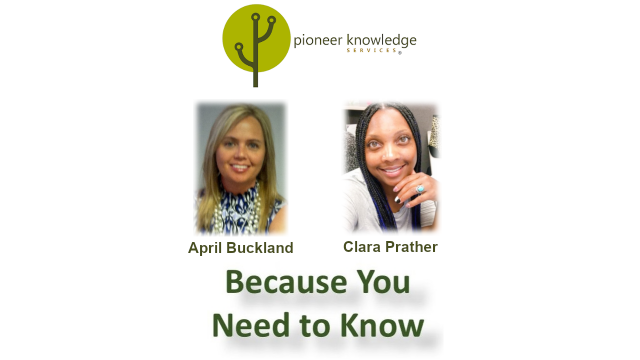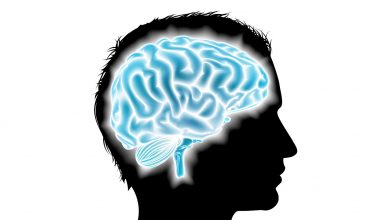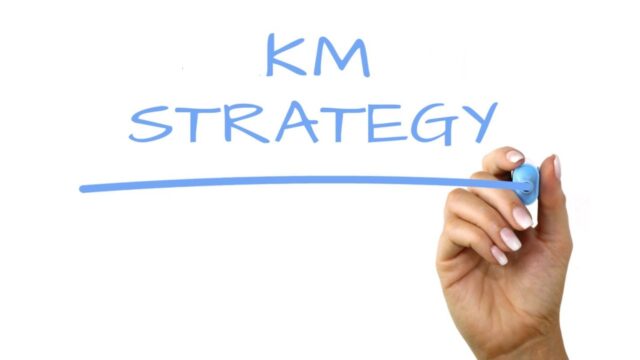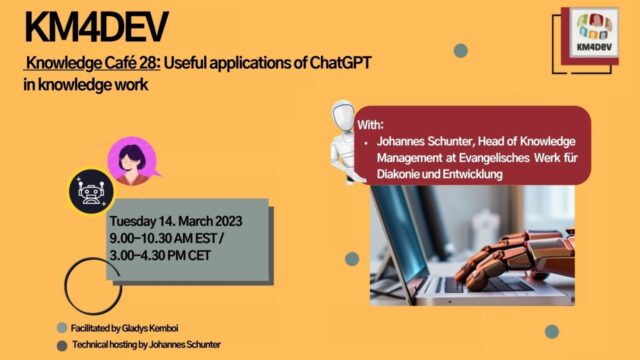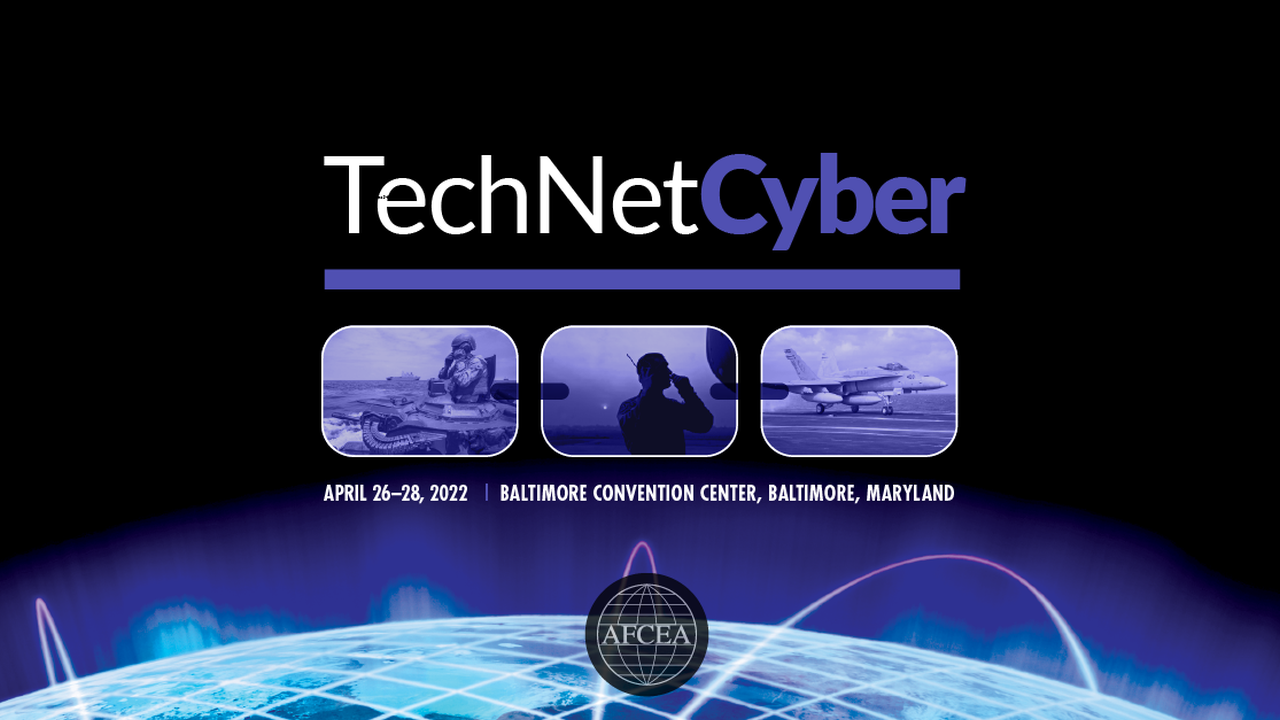
Report: TechNetCyber22 U.S. Department of Defense and Federal Knowledge Management Symposium
The U.S. Department of Defense (DoD) and Federal Knowledge Management Symposium was held in Baltimore, Maryland from 26–28 April 2022. The Symposium was a part of TechNetCyber22 hosted by AFCEA. This is the fifth year the Symposium has been held.
The speakers were widely varied in both backgrounds and education, from PhD holders to those who hold certificates from different institutions, to those without any formal training. They covered topics that would assist and support a wide variety of knowledge management professionals. These ranged from basic topics such as building a team to more advanced ones such as utilizing Power BI to augment the information presented to a user to help them make a knowledgeable decision based on presented facts.
Learning from others and discovering ways to improve the programs that a KM professional works in is a great advantage to both beginning and advanced KM professionals. Rarely does one find a more dedicated group of KM professionals in one area. Since this was all people-based and did not utilize computer-based applications, it was interesting to see how the learning environment differs from other conferences. It shows that people and not software are the central part of knowledge management and the power behind a great program.
The networking sessions allowed everyone to communicate and learn from different levels of KM programs and to build a network of professionals that can assist each other in times of need. This is important as it allows collaboration and reduced time in building similar applications and processes for an organization.
Presentations and sessions
Monday
DoD Joint Knowledge Management Working Group
- Update on the change to the Professional Knowledge Management Program Series unique career program number.
- Update on the Doctrine, Organization, Training, Materiel, Leadership, and Education, Personnel, Facilities and Policy (DOTMLP-P) Change Recommendation (DCR) has been accepted. It is currently being worked at the Joint Staff Operations Department. Knowledge Managers will have specific training (Certifications, Schooling, and Education) levels that they will have to have for each Government Service Level.
Tuesday
Knowledge Workshop – Mastering Internal & External Knowledge Transfer
- Expert knowledge is difficult to capture and transfer effectively, because it involves deeply embedded skills that an expert may not be consciously aware of using and may not understand how to share. The challenge this poses is how to capture and transfer that knowledge among co-workers and external partners who need to work together on critical, high-stakes projects. Without effective knowledge transfer strategies, these valuable lessons learned and best practices are often lost. This knowledge is essential to the success of the mission, especially in emergency situations such as responses to natural disaster events that are time critical.
- This master class-style workshop was based on case studies of more than 200 top-level executives, engineers, and scientists at Fortune 500 companies, the military, and multiple government agencies. It discussed knowledge transfer and flow strategies and focused on the challenges people brought from their organizations.
- The workshop combined the power of an SME along with skilled colleagues from other organizations to offer effective processes for enhancing knowledge flow at all levels of organizations, both internally and externally. By working through participant challenges, the workshop covered the impact of internal versus external parties on knowledge transfer, as well as maintaining knowledge flow when organizations are geographically dispersed.
Kickoff & Opening Keynote – How Wolves Changed the Course of a River: Storytelling Focused on People, Process, Culture, and Not Just Technology
- Process change is part of what knowledge managers do. Knowledge managers examine a process that is in place or create a new one from many. Either way, knowledge managers typically change an area for the better. Sometimes a process change is so radical that it breaks along the human lines. Any process change or tool built needs to examine the human effect and want.
- The metric analysis must be done on all process elements: human, process/procedures, tools, and how they benefit the organization’s bottom line. This is the driving force behind knowledge management as it directly influences the organization’s bottom line.
- [See also How wolves change processes: Understanding second and third order effects in knowledge management].
Panel – Continuity through Employee Transitions: Knowledge Capture and Transfer
- Identified what information is vital to capture for each position.
- Best practices include teams, mailboxes, and no shared drives.
- On standard operating procedures, implement it immediately when a new lesson learned is revealed. This will eliminate the loss of the lessons learned and make the standard operating procedures updated and relevant after each event.
Human-Centric KM to Build a Cohesive and Resilient Team
In general, organizations may unintentionally focus on the data and information without focusing on the human aspects of knowledge management that their workforce brings when they start on day one. Organizations may also fixate on the customer without consideration for retention and growth of their workforce. This session discussed options for organizations to consider for retaining and developing their personnel and teams through human-centric knowledge management practices that also support organizational knowledge retention keeping the customer’s requirements in mind.
- Identified ways to focus on retention and growth of their workforce
- Identified ways to build cohesion among divisions and teams.
- Identified human-centric knowledge practices to support organizational retention.
Panel – Developing Knowledge Management Standards
The Department of Defense (DoD) joint community identified a critical need to standardize KM implementation across the enterprise and provide the vision in four mission critical areas: improved decision cycle effectiveness, shared understanding through collaboration, enhanced mission and organizational performance, and agile learning organizations. This panel discussed the current efforts to implement this standard model for KM across the DoD.
- Identified the need for a mission statement and vision understanding to improve the four mission-critical areas: improved decision cycle effectiveness, shared understanding through collaboration, enhanced mission and organizational performance, and how to create an agile learning organization.
- Identified the need for a standard implementation model for team knowledge.
- Identified the need for collaboration in teams built from functional areas across divisions.
Wednesday
Panel – The Evolution of KM at the IRS
The Internal Revenue Service (IRS) shared key events that have shaped their KM focus and future vision. Most significantly the impact of COVID and the Taxpayer First Act passed by Congress. During this session member of the IRS Knowledge Management and Transfer team described the role KM has played in workforce development as well as the tools the organization has developed to support collaboration across a remote workforce.
- Identified ways to a need for the evolution of knowledge management from an internally focused requirement to a customer success and satisfaction requirement.
- Identified a need for training in each department in process improvement identification.
- Identified new tools to support collaboration across the workforce due to geographic separation.
Building, Connecting, and Maintaining a Thriving Federal Community of Practice
Learning how to use technology to bring colleagues together in our hybrid work environments to spark collaborations and share expertise, lessons learned, and successful strategies; how to create engaging events for your community; and how to keep the momentum going – continuing to grow your community, foster new connections and share knowledge. Walked through lessons learned from creating the Federal Leadership and Professional Development Seminar Series Community of Practice, which connects 5,700 Federal employees and counting.
- Identified ways hybrid environments can spark higher levels of collaboration due to the separation of staff.
- Identified ways to create engaging events for all staff to encourage collaboration and camaraderie.
- Identified a need for Professional Development for all staff.
Theater Session – Spilling the Tea: Adopting Business Intelligence for Making Marines
This briefing was on the United States Marine Corps Training and Education Command journey to adopt Microsoft 365 tenant capabilities and most especially Power BI or (Business Intelligence). The brief discussed what Power BI is and what is can do for decision support, what’s possible with 365 tenant capabilities, the licensing structure, training available for free or through existing support contracts, lessons learned, and example use cases and projects.
- Identified ways Power Business Intelligence can assist in compiling information for reports.
- Identified ways Power Business Intelligence can save staff time.
- Identified ways can create dashboards for leadership to reduce the decision cycle time.
Panel – Race for Talent: Developing KM Professionals for the Big Data Environment
In October 2020, the Department of Defense (DoD) published the DoD Data Strategy to improve data management and to harness data for improved decision making at the strategic and operational levels. One objective to the strategy is to culturally transformation organizations to one soundly based upon data and analytics enabled by technology. The Army Knowledge Management (AKM) Proponent Office, understanding the need for supporting a data workforce, developed classes for the KM qualification course to support the strategy. During this session, participants were introduced to the process AKM used for determining the competencies required to fill this gap and the tools organizations are using to implement data-fueled, knowledge-driven decisions.
- Understanding how the DoD Strategy applies to units.
- Identified ways organizations can harness data for improved decision making.
- Identified ways to culturally transform through the utilization of data and analytics.
Enabling Discovery of Legacy Data Using Knowledge Graphs at Lawrence Livermore National Laboratory (LLNL)
The United States conducted over one thousand nuclear weapons tests between 1945 and 1992. With the observance of the 1992 Nuclear Explosion Testing Moratorium beginning in September 1992, the focus of laboratories that had previously been invested in nuclear testing work shifted. Now, to maintain the nuclear stockpile, scientists and engineers at Lawrence Livermore National Laboratory (LLNL) and other NNSA labs rely on data created between 1945 and 1992 to inform their work. This talk discussed knowledge management efforts in support of stockpile stewardship at LLNL, including knowledge graph design, document management practices, scanning & digitization efforts, and what it means to have “living datasets” that are over 75 years old.
Accelerating our Competitive Edge: Leading Business Intelligence Operations by Applying KM and Artificial Intelligence.
Knowledge management is the foundation for successful artificial intelligence (AI). From designing business processes that are reflective of the organization’s people, content, and culture to integrating structured and unstructured information within an organization’s data model, both are equally important for promoting knowledge transparency, findability, and higher-level, strategic thinking.
This presentation shared the story of how Defense Security Cooperation Agency (DSCA) KM is setting conditions that will drive AI culture and competitive advantage required for future operations. DSCA recognizes that failure to adopt AI will result in irrelevant, siloed legacy systems, erosion of cohesion among allies and partners, and reduced access to markets that will all contribute to a decline in our national security. As DSCA matures towards AI, the agency is committed to delivering AI-enabled capabilities to reduce the time and resources required for menial tasks to free up resources for higher-value activities and emerging security cooperation priorities, such as strengthening partner relationships.
- How organizations can leverage movement toward artificial intelligence (AI) to increase forecasts of needs.
- How AI can automate some of the hiring and staffing processes.
- How AI Can help structure unstructured information.
TRADOC Success Stories: From Knowledge Mobilization to Innovation
- How organizations can take processes and mobilize them to increase capabilities.
- How U.S. Army Training and Doctrine Command (TRADOC) can assist organizations in building out capabilities.
- TRADOC will be assisting in the various regulatory documents that govern Knowledge Management.
Thursday
KM Strategy Share Session
- How different programs can leverage lessons to increase the marketing of organizations.
- Maintaining ties with the various commands can increase knowledge of the Emergency Essential Program.
- Understanding how each division fits into the strategy to make their own will decrease non-essential tasks.
NSA’s Knowledge Journey: Movement, Mobilization, and Mindset
The National Security Agency (NSA) knowledge journey may be a little different from other organizations. NSA shared the adventure, turmoil, therapy, and excitement of this undertaking. Guiding the agency from small pockets of shared and managed knowledge to developing an enterprise movement of knowledge leaders represents the first step in this movement. Next, NSA mobilizes its KM methods in the form of tradecraft that resonates with its community to demonstrate mission success. This demonstration and continued use of KM methods will work to drive a mindset for a diverse, knowledge-driven enterprise.
- How gamification can increase morale.
- How NSA leveraged Joint Force Headquarters Cyber to increase the tools they used will assist in identifying best business practices, increasing productivity.
- Having a KM seat at the table increased NSA’s ability to leverage knowledge quicker.
Networking Session
· Allowed professional networks to be formed outside of normal associations.
Professional Development Tour
Professional Development Tour from United States Army Cyber Command (ARCYBER): Naval Vessels of Baltimore. USS Constitution (restored to Civil War Configuration), USCGC Taney (Cutter 37 last surviving warship from Pearl Harbor), USS Tork (1944- 1968), Seven Foot Knoll Lighthouse (museum of lighthouses around Chesapeake Region).
- An understanding of how the ships of the age utilized different but similar practices in basic tasks.
- Creating repeatability allowed increase in training.
- Different seating and space requirements drove the mission.

